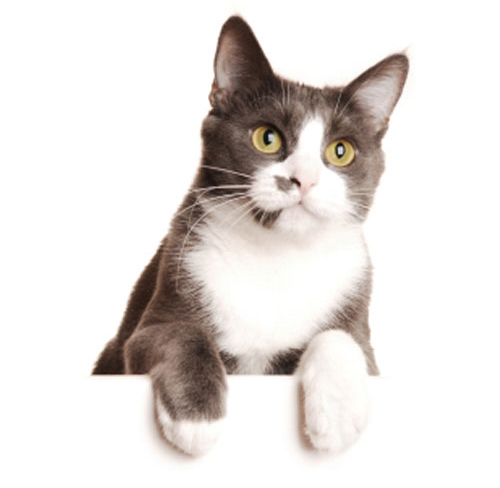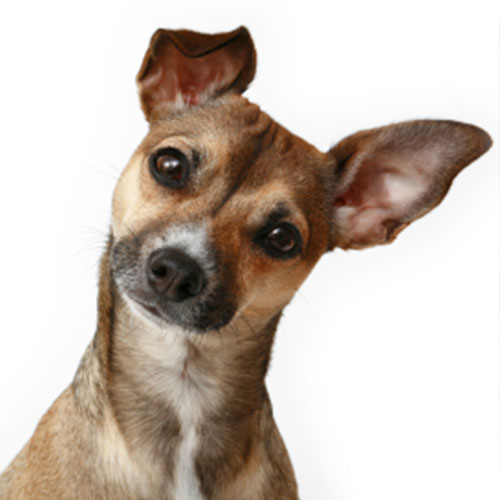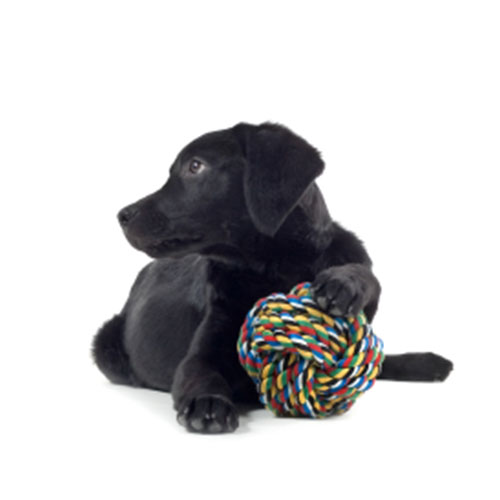Welcome to myVET
providing preventive pet healthcare
making a difference in the life of pets
& the people who love them
Surgical Services
We offer a full range of veterinary and medical services of dogs and cats. Our veterinarians perform most surgical procedures from routine desexings to complicated orthopaedic procedures, such as bone plating and pinning and fractures .
Health Evaluation
We take a thorough history of your pet including evaluation of lifestyle and life stage, behavior and diet. We provide a comprehensive physical examination including dental assessment, pain assessment and body and muscle condition.
Preventative Healthcare
All dogs & cats should have a veterinary examination at least annually. For many dogs and cats, more frequent visits may be appropriate. Decisions regarding specific frequency of visits should be made based on individual needs of your pet.
Signs your pet should see a Veterinarian
When assessing your pet's health and/or illness, a good rule of thumb is always to watch for any dramatic behavioral shifts. Contact us if you notice any of the following signs lasting more than 1-2 days. When in doubt? Please see a veterinarian for ANY condition that appears resistant to treatment or seems to be getting worse.
-
Lameness or abnormal movement
Displays of mild to moderate pain (such as crying when a specific area is touched or action is taken).
-
Lethargy or loss of energy; Weakness
Poor Appetite, Inability to walk, Weakness in the legs/limbs. Excessive salivation; Excessive thirst, Vomiting, Wheezing or frequent panting.
-
Lumps or Growths
Lumps or growths commonly occur on the skin of dogs and cats, some benign, some cancerous. There is a virtually endless number of types of growths that can grow in dogs and cats.
-
Behavior changes; Neurologic signs
Seizures/Convulsions, Head tilts, Loss of balance. Abnormal behaviors: staring in space, getting stuck in corners, etc.,
-
Skin Problems
Signs like redness, flakiness, itchiness of the skin are perhaps the most common reasons for canine and feline visits to the veterinarian.
-
Eye Problems
Redness, pain, excessive blinking, tearing, or cloudiness in an eye are all signs that the eye is diseased. Diseases of the eye range from mild irritative conditions that do not pose great danger, to conditions that can lead to severe pain and blindness in a very short period of time.



